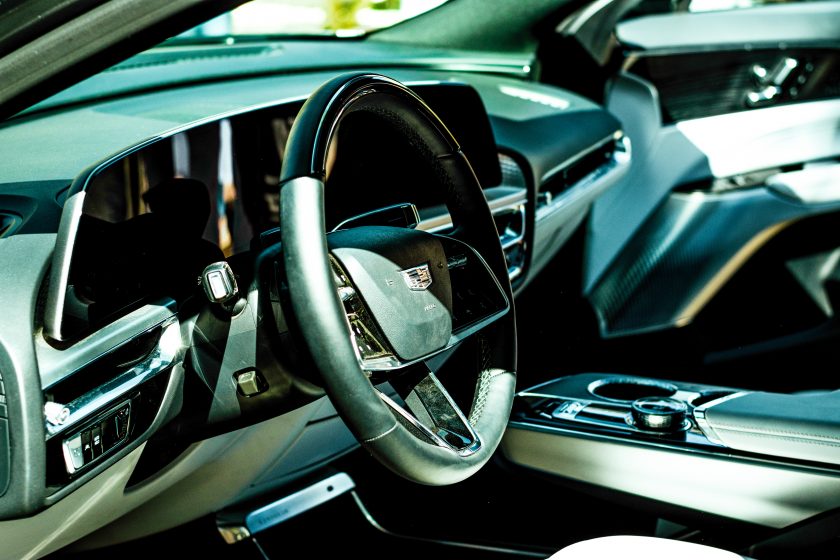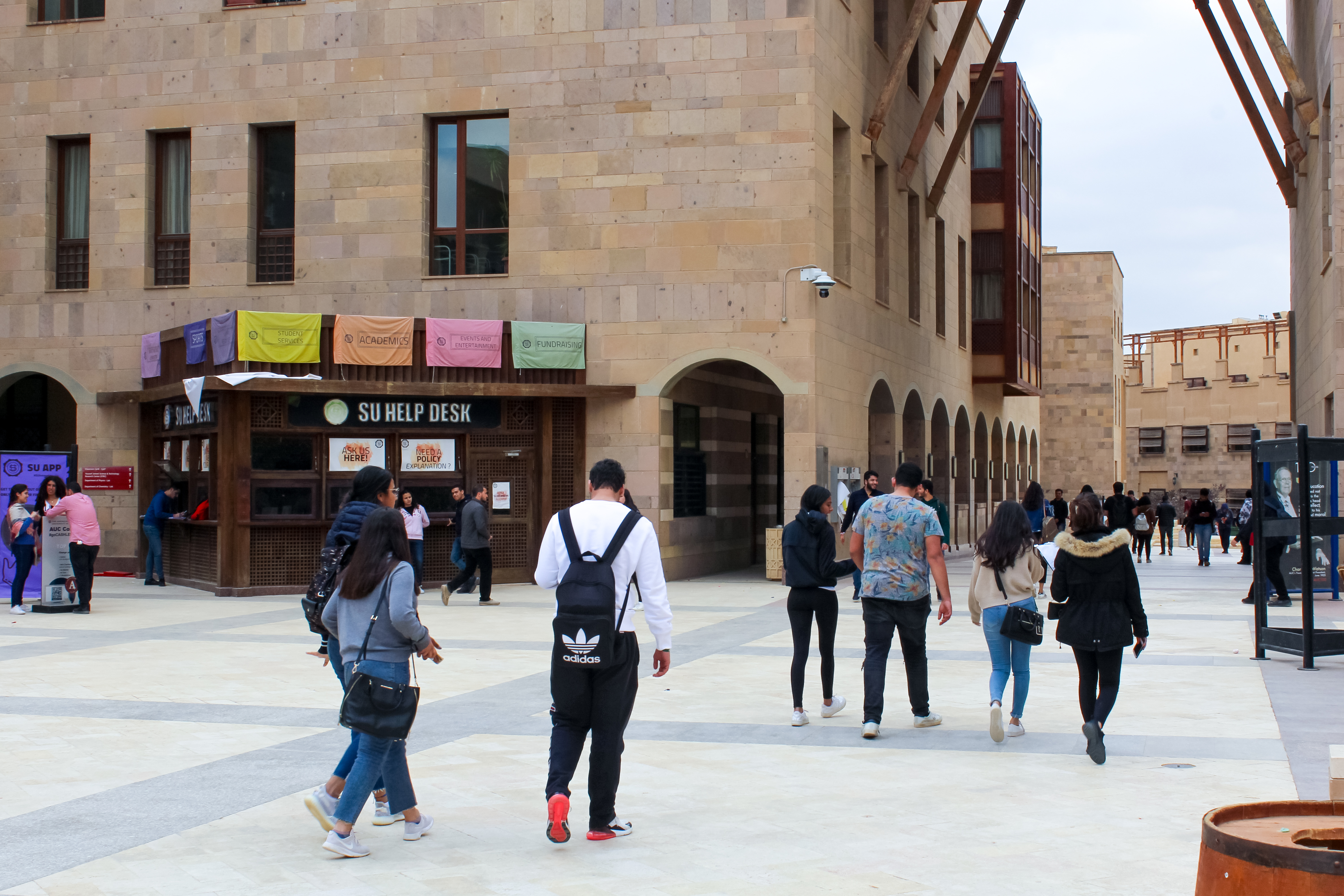Egypt Invests in Locally Made EVs
Reporter: Youssef Rabie and Gamal El Zahed

In hopes of creating a greener future, the Arab Academy for Science, Technology, and Maritime Transport (AASTMT) produced its first electric vehicle (EV) prototype last month in tandem with the government’s attempts to adopt a more climate-friendly economy.
A lithium-ion battery and range will power the new electric vehicle up to 300 kilometers on one charge. The car is expected to cost around EGP 95,000, making it much more affordable than other electric cars on the market today.
It will be produced in collaboration with leading international automotive companies and will feature advanced technology such as autonomous driving, battery-swapping, and wireless charging.
According to Egypt Independent, an Emirati company will manufacture the first model of EV. In contrast, the second model will be produced at the 10th of Ramadan City in an inclusive factory urban center known for various industrial products, from electronics and plastic to food processing and pharmaceuticals. The company currently aims to produce 5,000 electric cars a month within the next six months.
“Electric cars will reduce emissions for sure, especially greenhouse gasses. They will reduce carbon dioxide, nitrogen oxides, and all kinds of exhaust gasses. Therefore, from an environmental point of view, it is considered a green device,” said Salah Al Hagar, professor of Energy and Sustainable Development in the Mechanical Engineering department at AUC.
The manufacturing of EVs is expected to meet one of the government’s goals of Egypt 2050, which was set prior to COP27, to have a sustainable society, and as mentioned in Al Ahram Online, to have low carbon emissions in all sectors.
Even though having an electric car is great for the environment, there may be some questions regarding safety.
“Every day we hear different cases about some kinds of explosions in electric cars and this is the main issue worldwide,” said Al Hagar.
As reported by the Evfiresafe website, in 2019, an explosion occurred in a residential garage in Canada that blew the door and the roof away due to a malfunction in an electric car.
In addition, due to the economic crisis that Egypt is currently facing, there are speed bumps on the road to the manufacturing of these cars.
“The main challenges are the supply chain issue and exchange rate which is not in our favor right now. In terms of the supply chain, the issue is related to importation,” said Omar Abdelaziz, professor in the Mechanical Engineering department at AUC.
Abdelaziz further explains that Egypt needs to import lithium iron phosphate (LFP) batteries due to the shortage of facilities to produce them locally.
Abdelaziz says that the government should create an ecosystem for electric cars by installing charging stations, providing maintenance facilities, and creating places for technicians to work.
“The first [step] is to facilitate the introduction of electric cars, in general, to create an ecosystem for cars, charging stations, maintenance facilities, and creating building capacity for technicians,” said Abdelaziz.
This project is expected to create thousands of manual-labor vacancies in Egypt while also helping the country transition toward renewable energy sources.
“The second and foremost important thing is to create an awareness campaign for consumers to understand that electric cars can be more beneficial than other cars, so there is both the social and economic factor, thus, creating an incentive for the consumer to go into these cars,” said Abdelaziz.
Furthermore, Egypt must adhere to existing automotive standards. There are three main international standards: the US standard, the European standard, and the Chinese standard. He suggests either Chinese since it’s cheaper or European because Egypt has a shared market with the European Union.
To highlight the growing impact of EVs, AUC held an e-mobility expo in late February featuring the latest models, some looking glitzy and quite impressive in design. But do they make the cut?
Students at the Mechanical Engineering department were able to look past the flashy cars and instead focused on the current infrastructure of the country and how these electric cars can fit into this.
“I think we need to talk about how to mitigate the downside of electric vehicles because they are not the perfect solution for climate change or CO2 emissions,” said Omar, a mechanical engineering graduate, who has been working in the energy sector for the past three years.
Omar said he would not buy an electric car in Egypt at this time because he believes that it’s worse than having a fossil-fuel car.
“We actually have the numbers to prove that. We have something in the energy sector called well-to-wheel efficiency, or how much of the primary resource you used in useful energy. Calculate with the given Egyptian power supply now and you’ll find that fossil-fuel cars are more efficient,” he said.
Omar added that this is the case due to the fact that Egypt still depends on fossil-fuel plants to produce electricity. Therefore if you increase the electric demand, the emissions from these plants will also increase.
Mahamad El Figy, another undergraduate student in the mechanical engineering department, told The Caravan that he thought the Expo was a good step toward sustainability but he thinks there is still a lot of work to be done for Egypt to switch to a more sustainable model of transportation.
“Because there is still a lot of work to be done in Egypt, I feel like I would not be able to travel with it because there are a lot of places that don’t have charging ports.”



